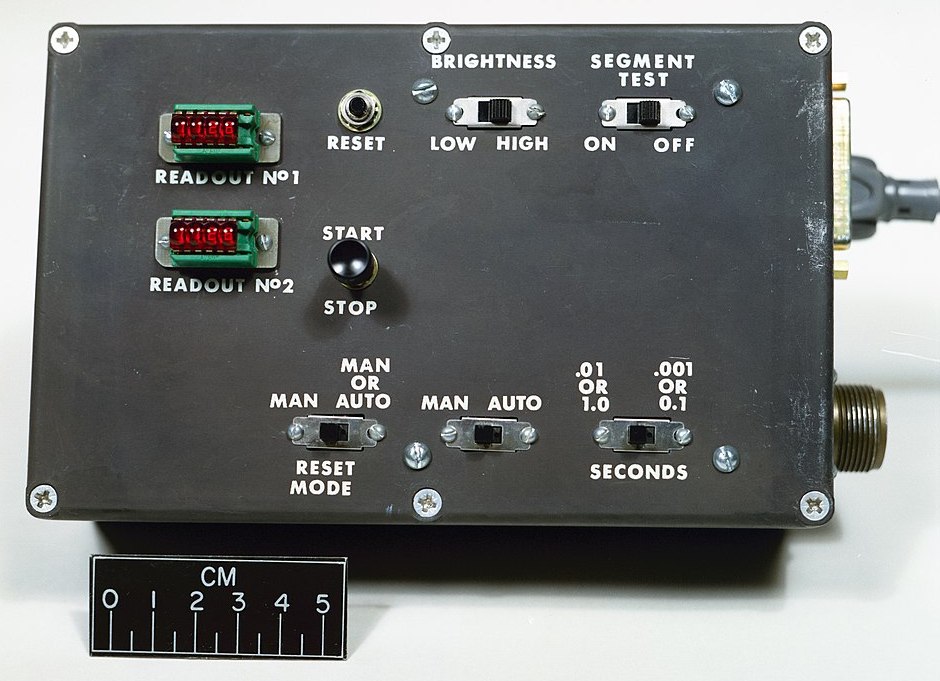A Little Thing on Value
How long does it take for someone to find utility with our software?

Photograph by Donald Heubler, via NASA at Wikimedia Commons
Hello, friends. Cruise director Paul Ford again. Not a ton to report in the feature front. We launched a bunch last week and are tightening all the straps and mending the sails and readying the vessel for the long journey ahead (fixing bugs). Seasoned software company co-founders are supposed to love nautical metaphors but I’ve rarely been on a boat that wasn’t the Staten Island Ferry, so I’m doing my best.
So I am on vacation, which is when I like to work, and the thing I most think about with Aboard is “time to value.” How long does it take for someone to find utility with our software? How can we prove that we’re valuable?
Different kinds of software have different opinions on value. Being “enterprise” means pushing software purchases to make huge bets on behalf of their companies, then customizing. Being “consumer” means getting new bodies in the door to try the product. Being “digital media” means you might provide momentary value but it’s read-only.
Want more of this?
The Aboard Newsletter from Paul Ford and Rich Ziade: Weekly insights, emerging trends, and tips on how to navigate the world of AI, software, and your career. Every week, totally free, right in your inbox.
We’re trying to get past those categories to focus on, well, what’s valuable. Instead of thinking about features first, or verticals to focus on, or how to enable AI—all things people have told us we must do—we try to think about timeframes. For example:
Minutes. By making the URL a first-class citizen, and keeping track of things like prices, we can provide value in minutes, by providing light, instant knowledge management. And by being really visual, with big, chunky cards that are easy to move around, we make it easier to understand the data—humans are visual and if we can look at pictures we can work a lot faster.
Weeks and months. By enabling chat and commenting around data, we provide communities with a simple framework for sharing knowledge, making collective decisions. (Mobile is going to help here, inshallah.)
Instantly. By making boards publishable, we let our users provide value instantaneously to strangers—even if they don’t really engage with our product. (That’s fine, we’ll make it up in volume.)
We’re a data management tool—well so is every piece of software in history. No particular feature of Aboard matters very much. Don’t tell marketing (I’m marketing). Our goal is to show value sooner, then let people share that value with others, and then keep meeting their needs. Then, over years, people will take us for granted.
Thinking in timeframes, not features, is one key to creating value.


